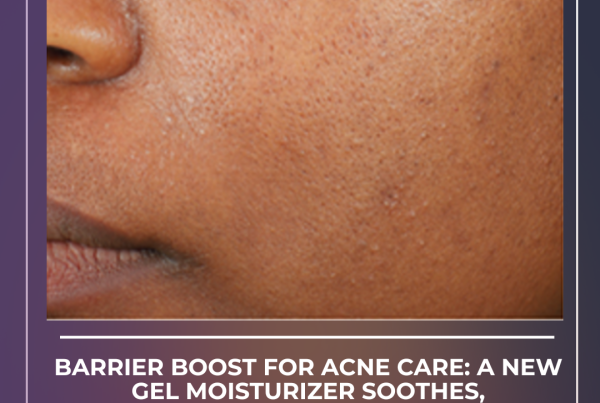Featured Article

"Is the Coronavirus (COVID-19) Pandemic an Indication to Temporarily Modify Dermatological Management Plans?"
While the world lives under the shadow of the novel coronavirus (COVID-19) pandemic, dermatologists wonder if the current situation calls for a temporary change in the management of skin conditions.
Immunosuppressive drugs are used ubiquitously in the modern treatment of inflammatory and autoimmune skin diseases like psoriasis, bullous diseases, connective tissue diseases, and many others. Treatment of these conditions is based on the suppression of the patient’s immune system using steroids, steroid-sparing drugs, and biological agents.1
“The use of immunosuppressive to treat these conditions can amplify this effect, and it might leave the patient vulnerable to more serious complications should an infection with the novel coronavirus be established. Hence, it may be wise to restrict temporarily the use of immunosuppressive agents including systemic steroids, steroid-sparing agents, and biologics in dermatology daily practice until more evidence is avilable about their safety in the current pandemic.6 As a relates point, the International Psoriasis Council declared an urgent statement on March 11, 2020 that the physician should be alert to the potentially harmful effects of COVID-19 infection on patients with psoriasis and to immediately discontinue or postpone immunosuppressant medications for psoriasis patients diagnosed with COVID-19 disease.”
As the declaration of the novel coronavirus as a pandemic by the WHO is a trending topic nowadays, dermatologists around the world view with concern the impact of this pandemic on their daily practice.
Read Full Article Now
You May Also Like

Skin Improvements in Acne Vulgaris Patients Using Gel-Matrix Moisturizer as a Complement to Topical Treatments
Barrier boost for acne care: A new gel moisturizer soothes, strengthens and lifts quality of life We’re highlighting a December 2025 article that features one of JDD’s most sought-after topics:…

Racial Disparities in United States Clinical Trial Enrollment for Mycosis Fungoides and Sézary Syndrome
Trials fall short on representation - Black patients underenrolled in MF/SS studies The February issue of JDD features a review of completed US interventional trials for mycosis fungoides and Sézary syndrome…







